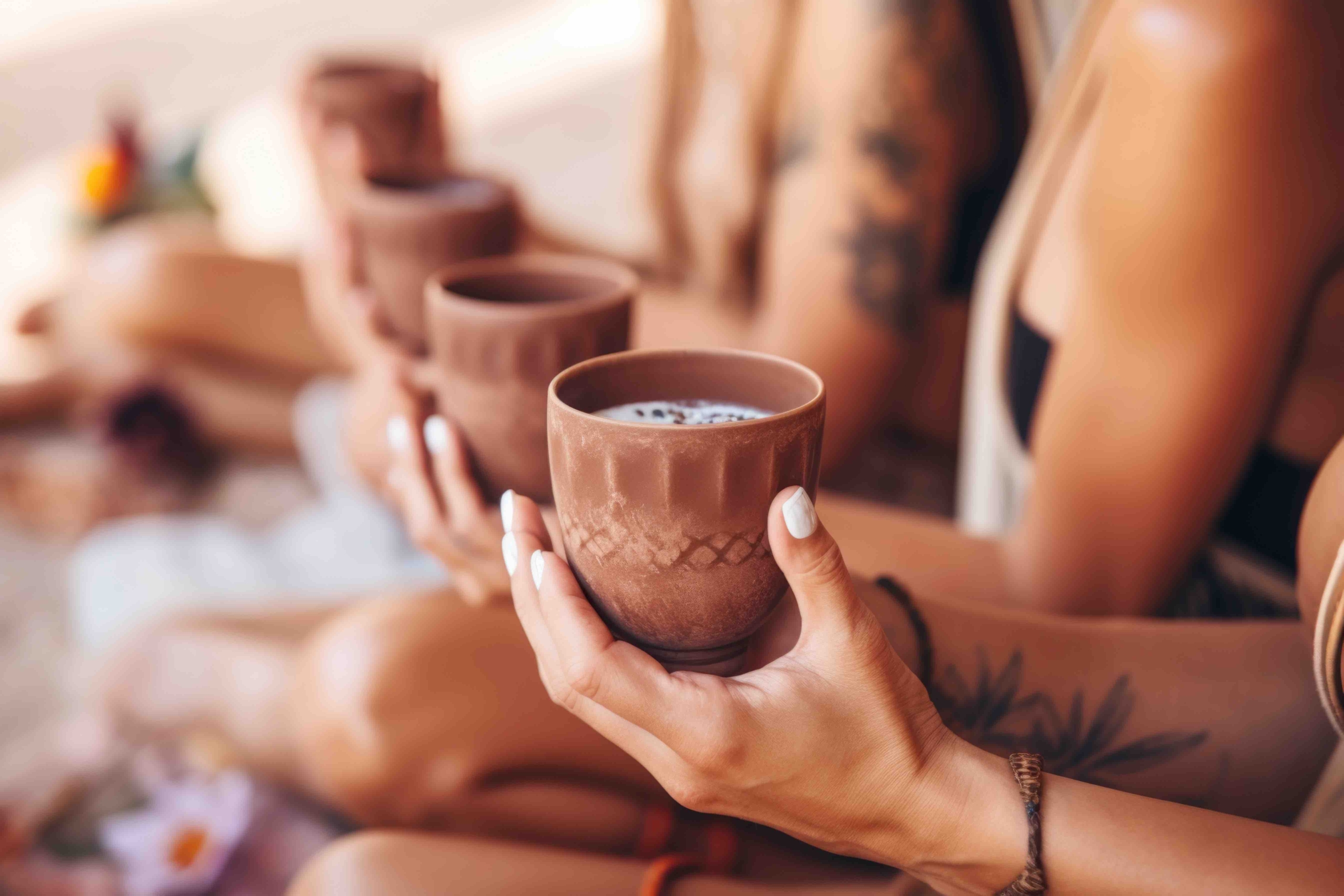Ceremony and ritual have played an essential role in human societies for millennia. These symbolic acts, often rooted in tradition and culture, hold a deep significance for the human psyche and the communities in which they are practiced. Exploration of the profound importance of ceremony and ritual, both on an individual and communal level reveals a great deal about our humanity.
One of the primary functions of ceremony and ritual is to connect individuals with their cultural heritage and the past. They serve as a bridge between generations, preserving customs, beliefs, and practices that might otherwise be lost. By participating in these age-old traditions, individuals gain a sense of belonging and continuity, creating a powerful link to their ancestors and the collective history of their community.
Rituals, such as religious ceremonies, cultural festivals, and family traditions, provide an opportunity for people to honor their roots and maintain a connection with their ancestors. This connection helps individuals form a strong and stable sense of identity, promoting psychological well-being.
Ceremonies and rituals offer profound psychological benefits. They provide structure and predictability in a world often characterized by chaos and uncertainty. This predictability can reduce anxiety and promote a sense of security. Furthermore, engaging in rituals often encourages mindfulness and focus, allowing individuals to be fully present in the moment, which can reduce stress and increase well-being.
Ceremonies can also be therapeutic. For example, grief rituals help individuals navigate the challenging emotions of loss and provide a safe space for processing their feelings. Such rituals offer an avenue for healing and closure, supporting the emotional well-being of those who participate.
Human beings are inherently social creatures, and ceremonies and rituals contribute to community cohesion and a sense of belonging. When a group of people comes together to participate in a shared ritual, it reinforces the bonds within the community. This sense of togetherness can lead to greater cooperation, support, and social harmony.
In many societies, ceremonies and rituals serve as opportunities for individuals to become active members of the community, reinforcing their sense of belonging. These shared experiences create a collective identity and a deeper connection among community members.
Ceremonies and rituals are often used to mark important life transitions and milestones. Birthdays, weddings, funerals, graduations, and religious rites of passage are examples of events that are celebrated through ritual. These ceremonies provide a structured framework for acknowledging and commemorating these significant moments in a person’s life.
By formally recognizing and celebrating these transitions, individuals gain a sense of accomplishment, closure, and validation. It allows them to embrace change and growth in a meaningful and intentional way. On a communal level, such ceremonies strengthen the social fabric by offering a collective opportunity to share in each other’s joys and sorrows.
Ceremonies and rituals hold a profound significance for both the human psyche and the communities in which they are practiced. They connect individuals with their cultural heritage, nurture their psychological well-being, foster a sense of belonging, and mark important life transitions. In an increasingly fast-paced and disconnected world, these rituals serve as anchors that ground us, reminding us of our past, connecting us with our present, and guiding us into the future. Embracing and preserving these traditions is essential for maintaining the rich tapestry of human culture and for the well-being of individuals and communities alike
